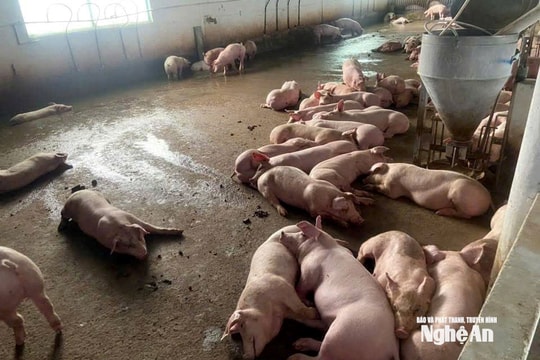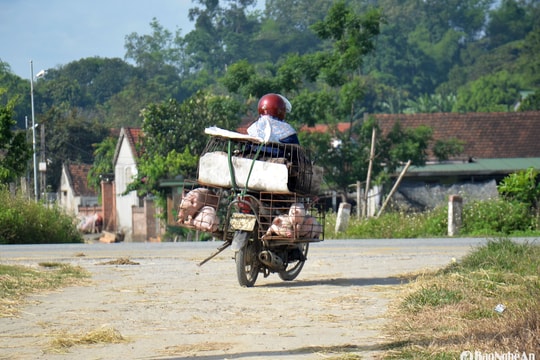Continued dumping of dead pigs into the environment and water sources
In recent days, people in many localities in Nghe An have been worried and upset about the situation of dead pigs being thrown haphazardly into the environment. Not only causing serious pollution, this situation also poses a risk of spreading disease on a large scale if not thoroughly handled.
Dead pigs floating on Dao River
On the morning of July 16, people in Yen Thanh commune were shocked to discover a series of dead pigs and bags containing pigs floating along a 6km stretch of Dao River, extending down to Giai Lac and Dong Thanh communes. This is the main canal that supplies water for daily life and irrigation for tens of thousands of households in the area.
Ms. Nguyen Thi Ngan - a resident living along the canal indignantly shared: “Dao River is our source of livelihood. However, recently, many pig carcasses have been thrown down, decomposing and giving off a strong stench, some even stuck in the sewer. It is too unsanitary, too dangerous.”
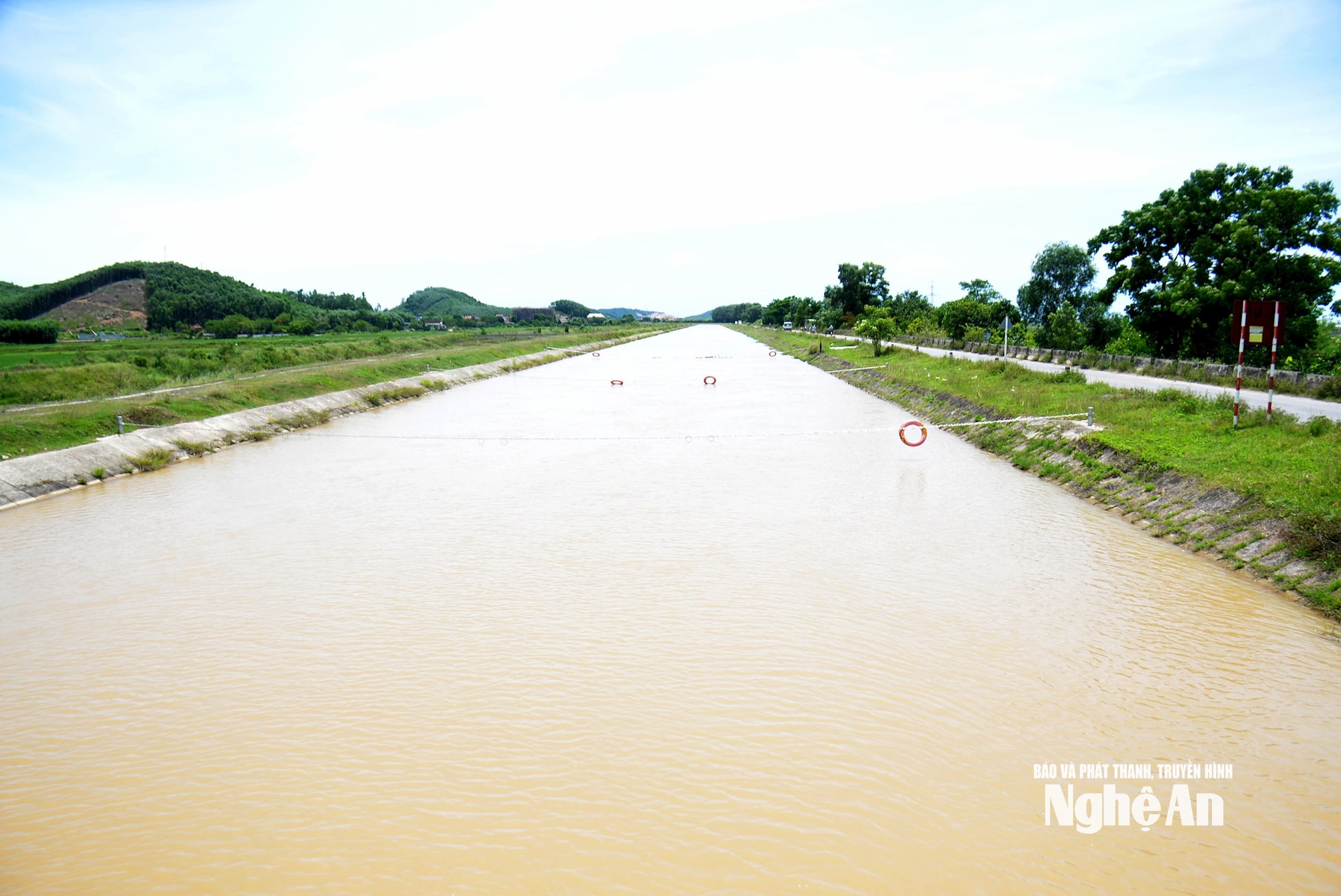
Faced with this serious situation, the People's Committee of Yen Thanh commune mobilized functional forces to stand guard at hot spots to collect pig carcasses, even using excavators to salvage the carcasses and trailers that were pushed into the river. All dead pigs were then destroyed according to sanitary and epidemiological procedures.
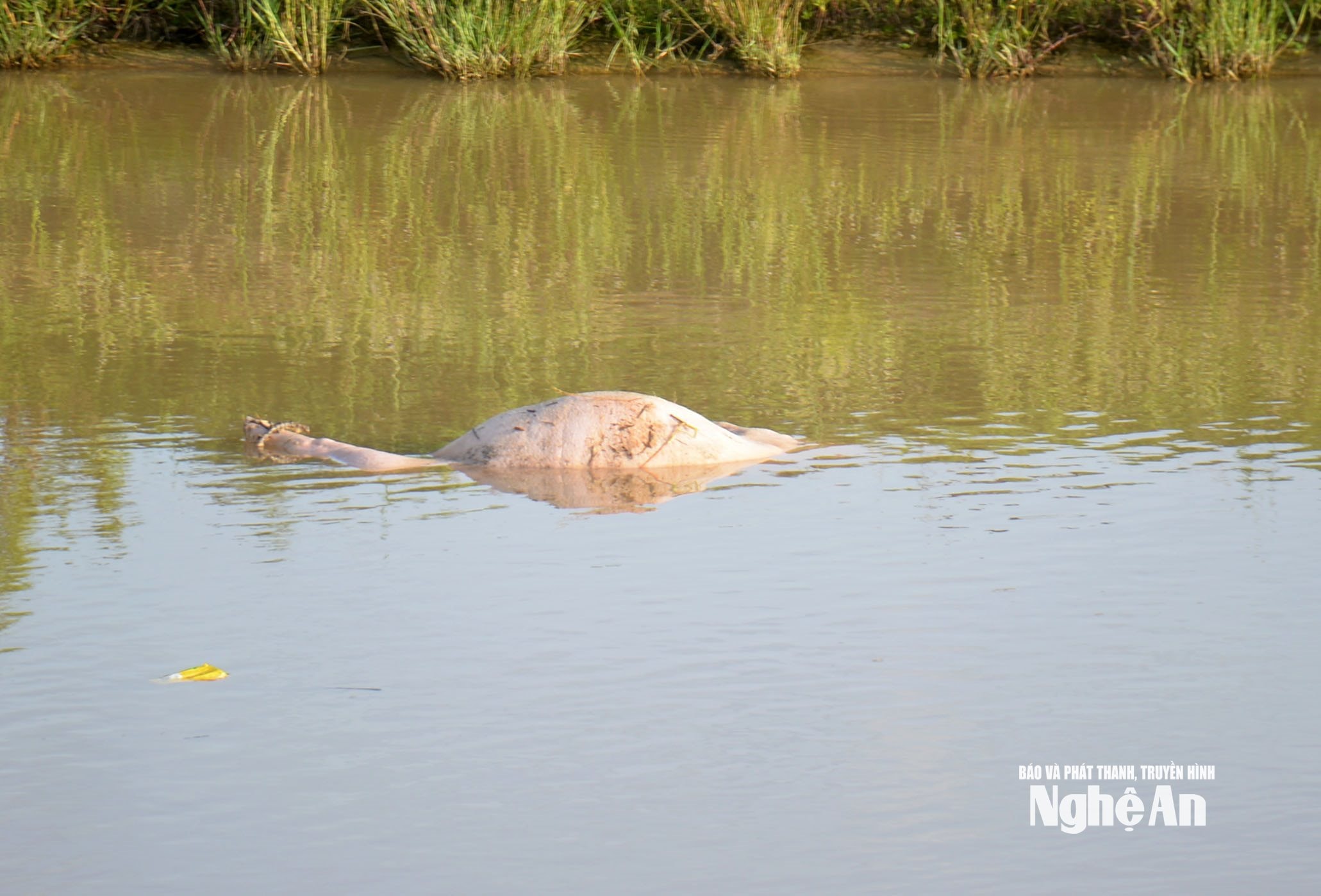
The situation of dumping pig carcasses into the environment is believed to be the result of a strong outbreak of African swine fever in many communes. For example, in Giai Lac commune, since the beginning of July, the disease has spread to 23/34 hamlets, forcing the authorities to destroy up to 1,150 pigs. However, only 442 pigs have been declared and fully vaccinated, which shows that many households have not strictly followed the regulations on disease prevention and control.
.jpg)
Ms. Nguyen Thi Van - Chairman of Giai Lac Commune People's Committee admitted that epidemic prevention work faced many difficulties: lack of veterinary staff, limited funding, large area, while some people were still subjective, lacked awareness of declaring epidemics, even secretly dumping pig carcasses into the environment to avoid destruction without support.
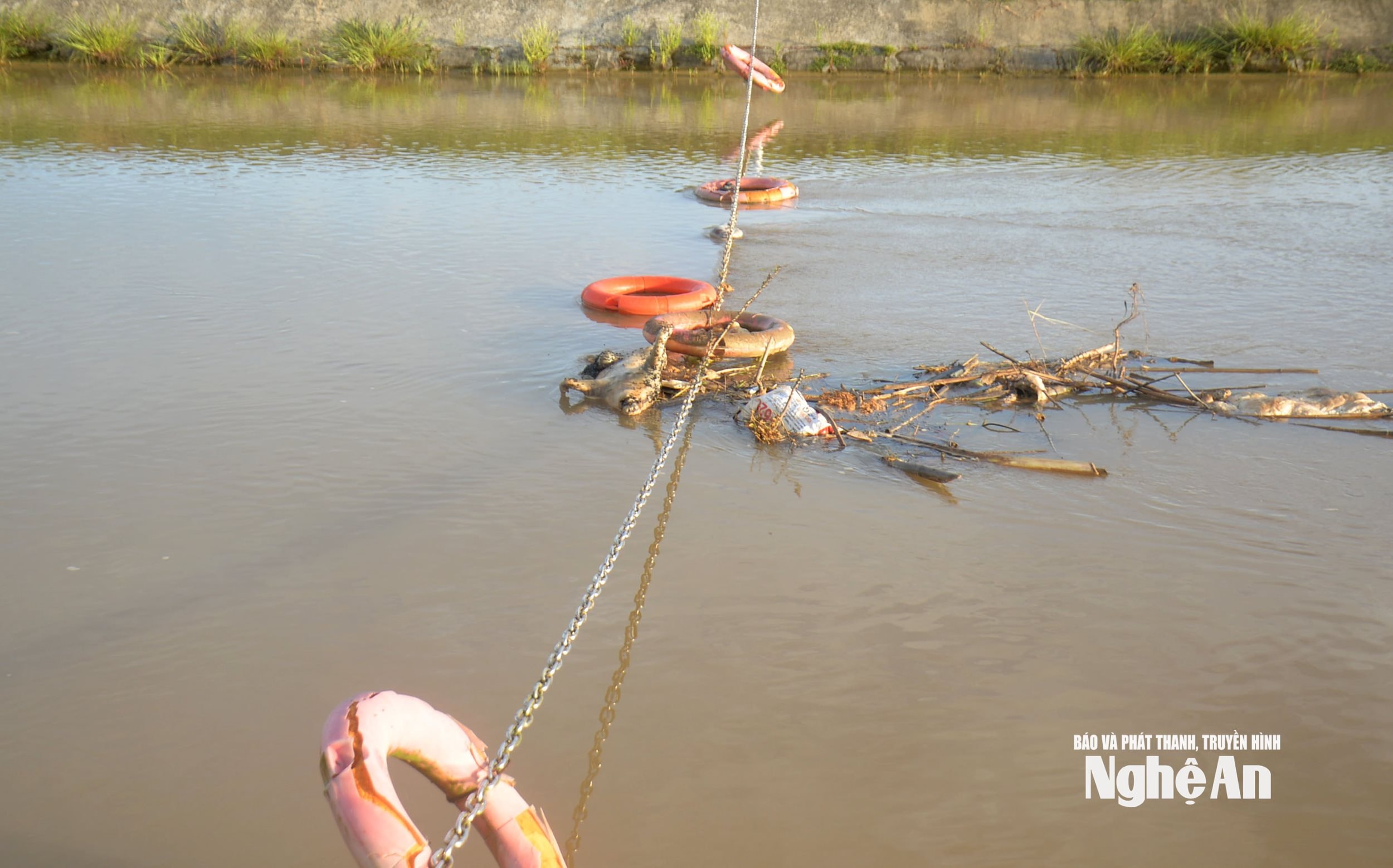
Faced with that situation, the authorities of Giai Lac commune urgently implemented synchronous measures such as: Collecting and destroying pig carcasses, sprinkling lime powder, spraying disinfectants, organizing radio broadcasts, announcing the epidemic, and setting up destruction teams. Households were required to immediately notify the authorities when discovering dead pigs for timely handling.
Not only affecting people, the situation of pig carcasses and household waste also puts great pressure on the irrigation system in the localities. According to the representative of Quynh Luu Irrigation Enterprise, canals such as N13 (Quynh Son commune), Cheo Pheo sluice and Song Thai sluice (Quynh Luu commune) have to send dozens of workers every day to be on duty to collect animal carcasses and floating waste."This work not only wastes manpower but also poses a risk of spreading disease if not handled promptly," the representative of this unit warned.
Need strong sanctions and strict control
Faced with the above worrying situation, on July 15, the People's Committee of Nghe An province issued urgent dispatch No. 20/CD-UBND requesting localities to focus on directing and mobilizing forces to thoroughly handle African swine fever outbreaks, strengthen supervision, and establish mobile inspection teams to detect and handle violations of epidemic prevention.
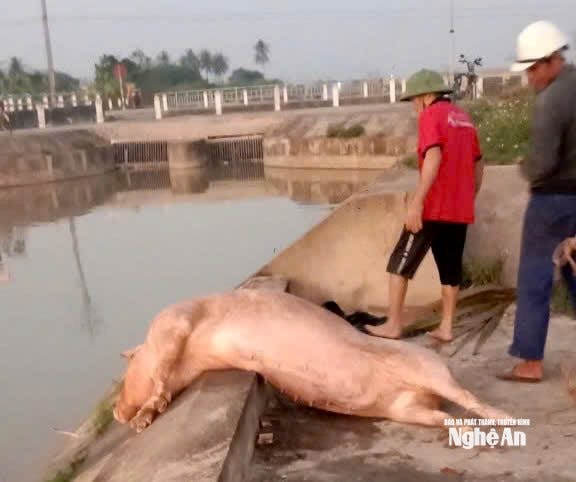
The telegram clearly states: The Chairmen of the People's Committees of communes and wards must take responsibility if the disease breaks out and spreads, causing serious consequences. People must absolutely not hide the disease or throw dead animals into the environment..
It is time for authorities at all levels to strictly handle and impose specific sanctions on violations in disease prevention, especially the act of dumping animal carcasses into the environment. At the same time, it is necessary to step up propaganda, provide technical support and funding for people in the process of destruction and vaccination, minimizing losses for livestock farmers.
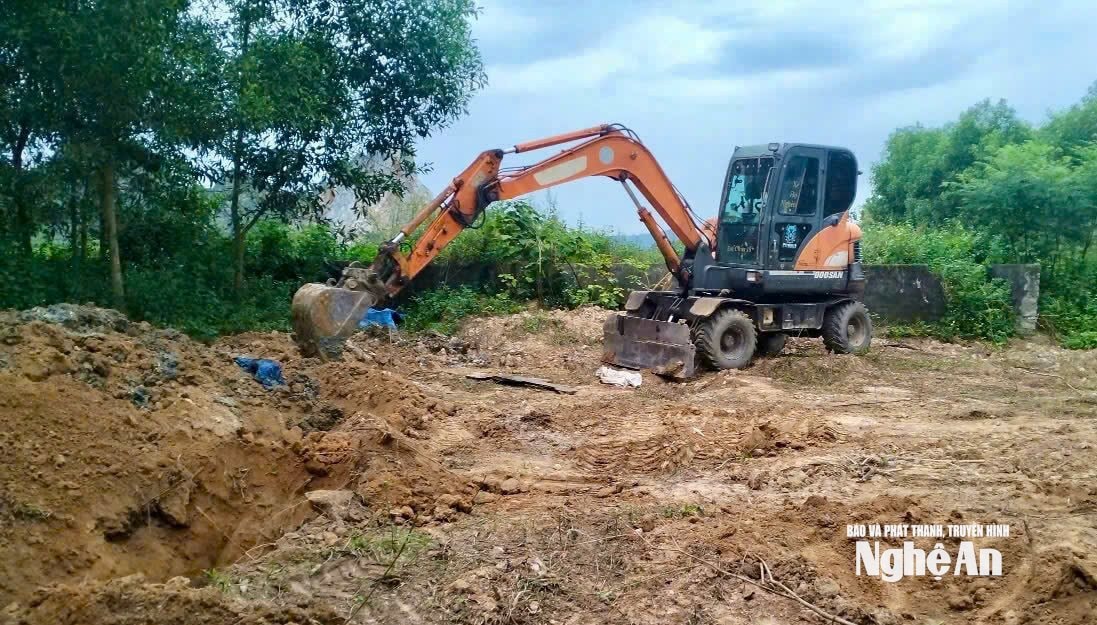
Only with the drastic and synchronous participation of the government, professional forces and people, can Nghe An effectively control the epidemic, ensure environmental safety, public health and the livestock industry./.

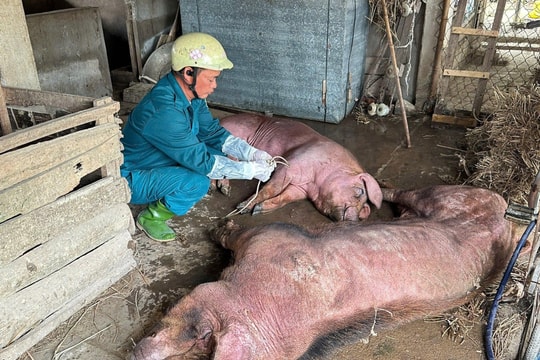
.jpg)
